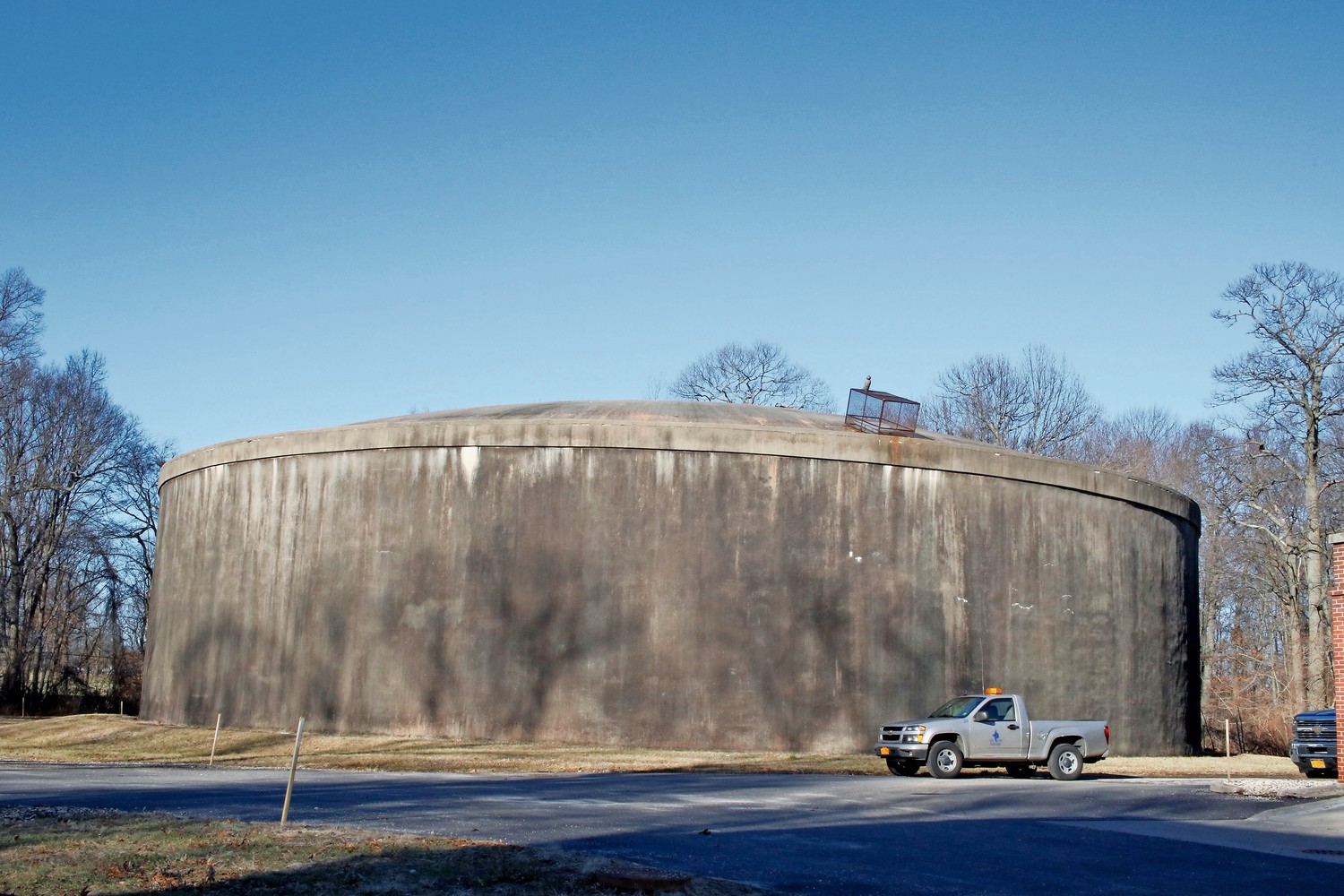Council tables water rates amid new information
The City Council unanimously voted to table a resolution introduced by Councilwoman Pamela Panzenbeck, to raise the city’s water rates by 15 percent, after both City Controller Sandra Clarson, and Mayor Tim Tenke, shared information pertinent to the discussion that had not been previously disclosed.
The question before the council has been whether — and if so, how much — to raise the city’s water rates in light of recent and anticipated borrowing related to Glen Cove’s water infrastructure. Tenke said that over the next five years, the city is projected to spend about $10 million on filters to remove an organic contaminant, Freon 22, from the city’s wells.
Earlier this year, three of the city’s six wells had been closed due to high concentrations of the refrigerant, and another was closed for unrelated repairs. Two have since been re-opened as the Freon returned to undetectable levels, bringing the number of currently operating wells up to four of six.
Presenting the financial realities of the city’s water fund to the City Council for the third time in as many regular City Council meetings, Clarson said that whereas in previous presentations she had projected total water-related debt service payments of around $656,000, there was another, prior round of borrowing that would bring that number up to $973,000.
Councilmen Joseph Capobianco, Nicholas DiLeo and Kevin Maccarone, who had, in previous pre-council meetings, spent considerable effort going over Clarson’s numbers to see whether the debt service payments could be addressed without raising water rates, expressed frustration over the fact that that this was the first time that they were hearing about the newly-discovered debt service payments. Tenke acknowledged that he had only received notice of the additional payments that morning.
Additionally, Tenke disclosed that — during the period when the city was running on just two wells, and partially as a result of an intensive firefighting effort — the city had paid the Locust Valley Water District almost $17,000 for 6,500 gallons of water.
DiLeo and Maccarone chastised the mayor for declining to share that information with the council, which voted unanimously, if reluctantly in April to borrow $15,000 to repair the interconnecting pipes that enabled the sharing of water between districts. That repair was part of an extensive water contingency plan that the city submitted to the county’s department of health in response to what, at the time, was an impending water shortage related to the well closures.
After a lengthy discussion, Capobianco moved to table the motion until Clarson could come up with new projections, which she said was a possibility by the next council meeting on August 28.

 55.0°,
Overcast
55.0°,
Overcast 




